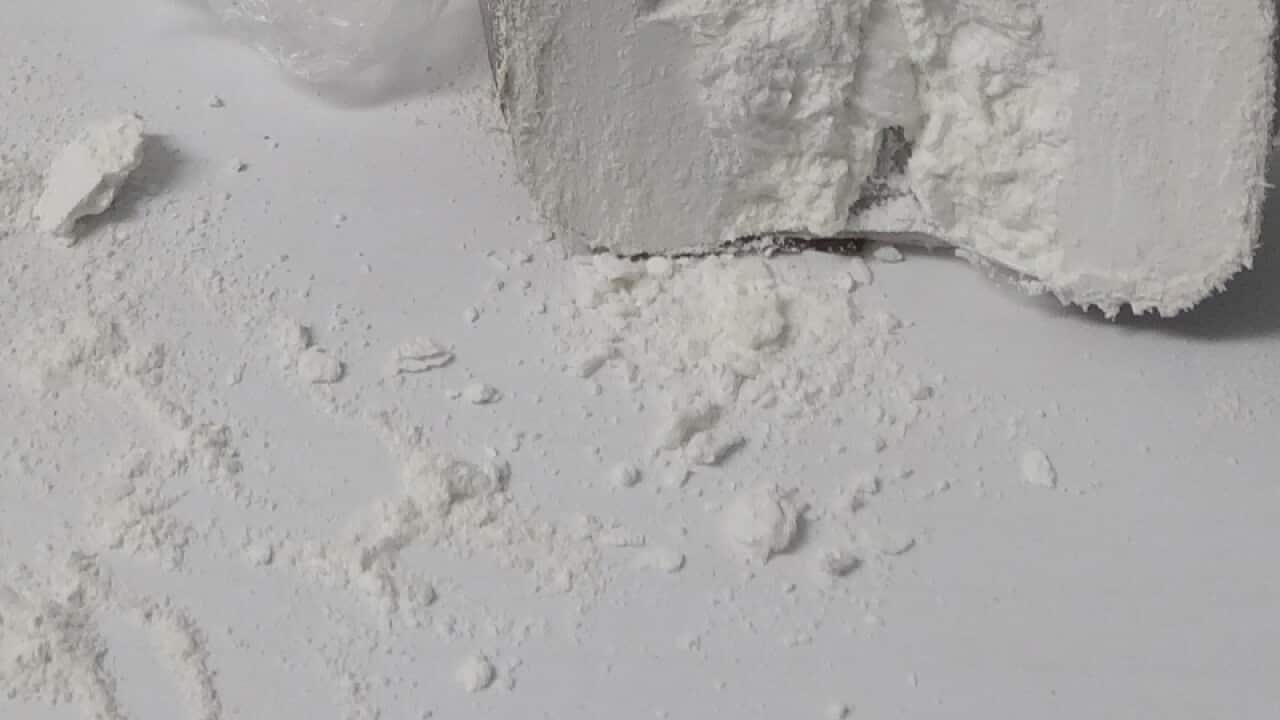Cocaine may affect how the body processes iron, leading to a build-up of the mineral in an area of the brain, according to new research.
The finding has raised hopes among some researchers in the US of the possibility that preventing this accumulation of iron could help fight addiction to the drug, for which there is no medical treatment.
A University of Cambridge study, published in journal Translational Psychiatry, examined brain tissue in 44 people who were addicted to cocaine and 44 healthy control volunteers.
In the cocaine group, researchers detected excessive amounts of iron in a region of the brain known as the globus pallidus, which normally acts as a 'brake' for inhibiting behaviour.
The longer participants used cocaine, the greater the accumulation of iron.
Increased iron concentration in the brain was also accompanied by mild iron deficiency in the rest of the body, suggesting that the body's "tight" regulation of iron is disrupted in people with cocaine addiction.
Lead researcher Dr Karen Ersche from the Department of Psychiatry says this disruption is potentially harmful.
"Iron is used to produce red blood cells, which help store and carry oxygen in the blood. So, iron deficiency in the blood means that organs and tissues may not get as much oxygen as they need," Dr Ersche said.
"On the other hand, we know that excessive iron in the brain is associated with cell death, which is what we frequently see in neurodegenerative diseases such as Alzheimer's or Parkinson's disease."
Although excess iron in the brain is associated with neurodegeneration, there is no suggestion that cocaine addiction leads to an increased risk of Alzheimer's or Parkinson's disease, the authors noted.
The Cambridge researchers now aim to find out if correcting the disruptions in iron metabolism might slow down or even reverse the accumulation of iron in the brain.
If they can find the mechanism for the iron disruption it could lead to treatment to help cocaine addicts quit, the authors say.
Cocaine is one of the most widely-used illicit drugs in the Western world and is highly addictive.
Dr Stuart Reece, a drug addiction expert from the University of Western Australia, says the study isn't surprising and confirms that drugs are poisonous.
"We know cocaine and all the illicit drugs cause brain inflammation and ageing," Dr Reece told AAP.
Share

